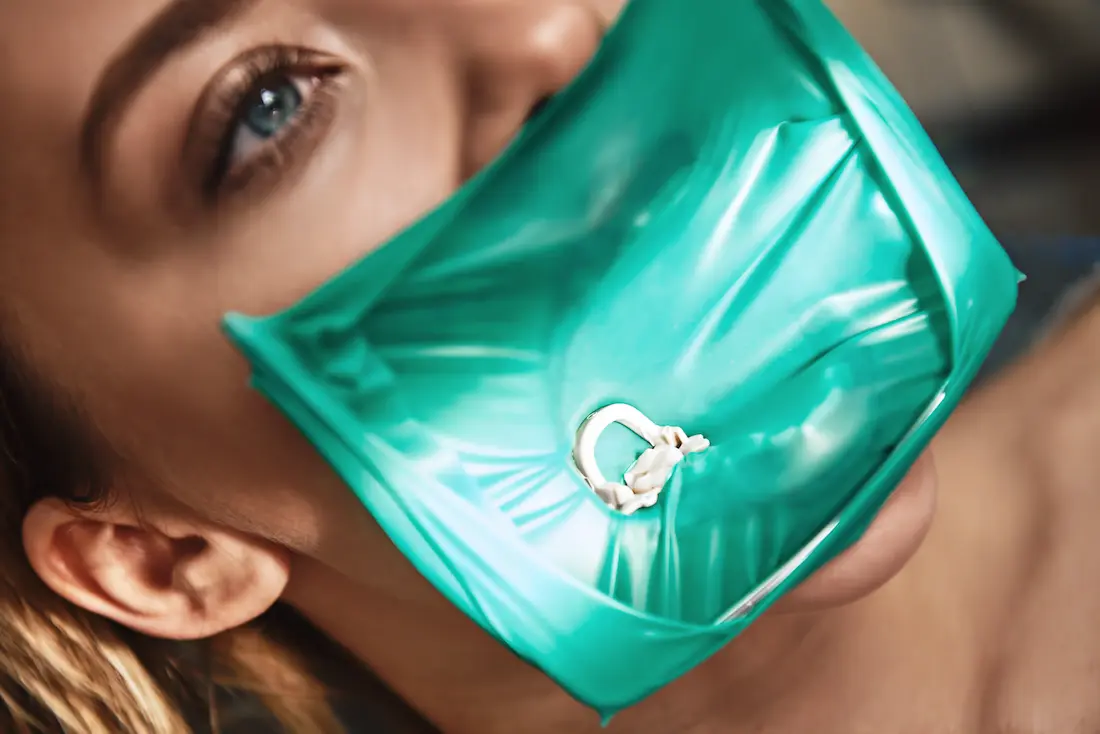Root Canal Therapy

A root canal is required when the nerve of a tooth is infected by bacteria and decay. To save the tooth, the pulp, nerves, decay, and bacteria are excavated, and the resulting space is filled with gutta-percha, which restores the tooth and its function.
Having a root canal done on a tooth is the standard of care to keep a tooth that otherwise would get infected and would have to be removed. A lot of patients in Brooklyn think that extracting a tooth that has problems is the solution, but what is not realized is that extracting a tooth will ultimately be more costly and cause bigger problems for surrounding teeth.
A Root canal is very successful and commonly lasts a lifetime, although, on occasion, a root-canaled tooth will have to be treated again due to recurring infections.
Reasons for root canal therapy:
- An infection has developed at the root tip or inside the tooth.
- Dental caries have penetrated the pulp of the tooth.
- A necrotic tooth after getting braces.
- Injury or trauma to the tooth.
At Brooklyn Dental Spa, you will be provided with post-operative instructions after each visit. Good oral hygiene habits and bi-annual dental visits will aid in the life of your root canal treatment.